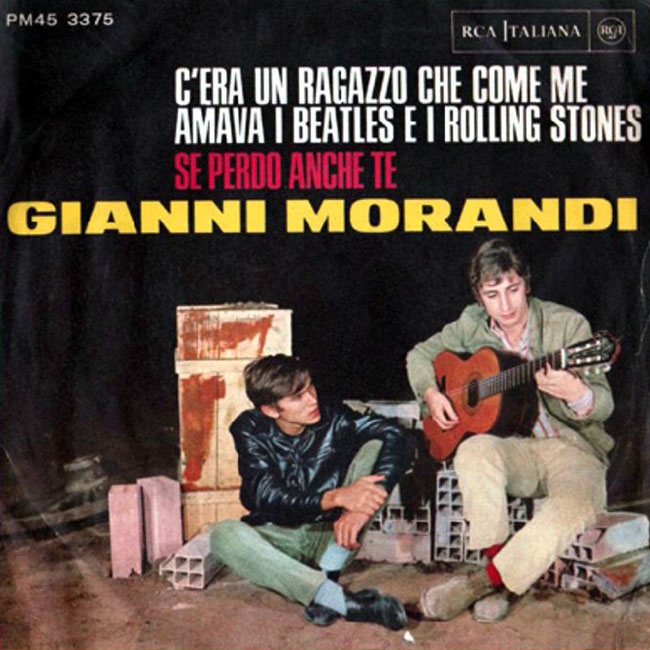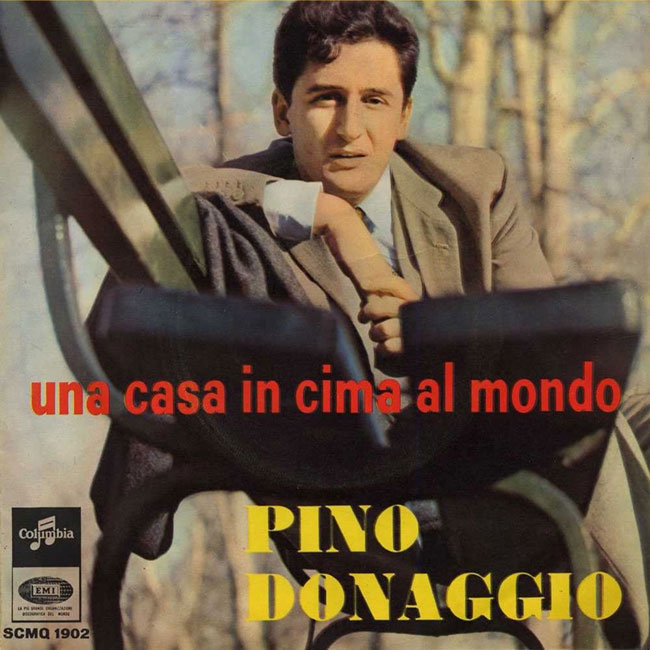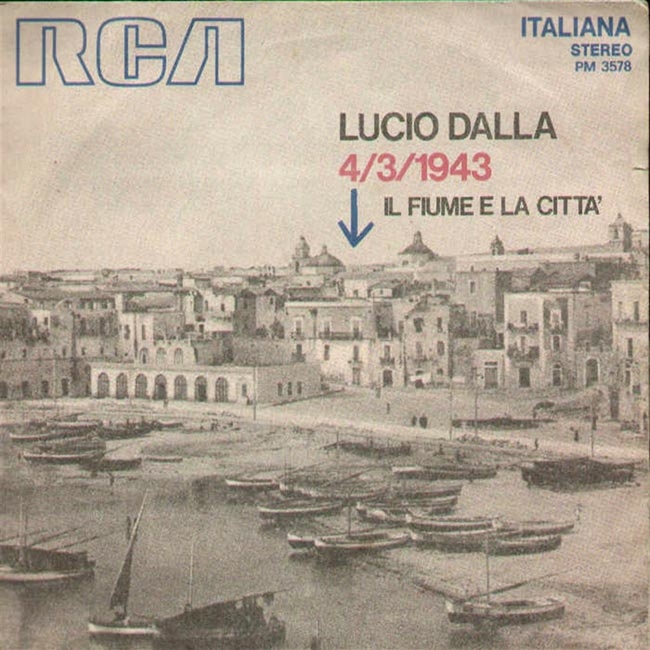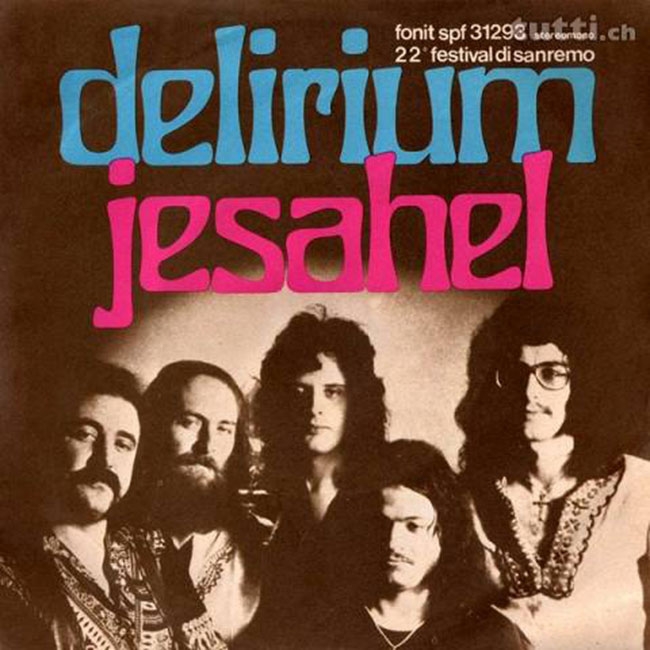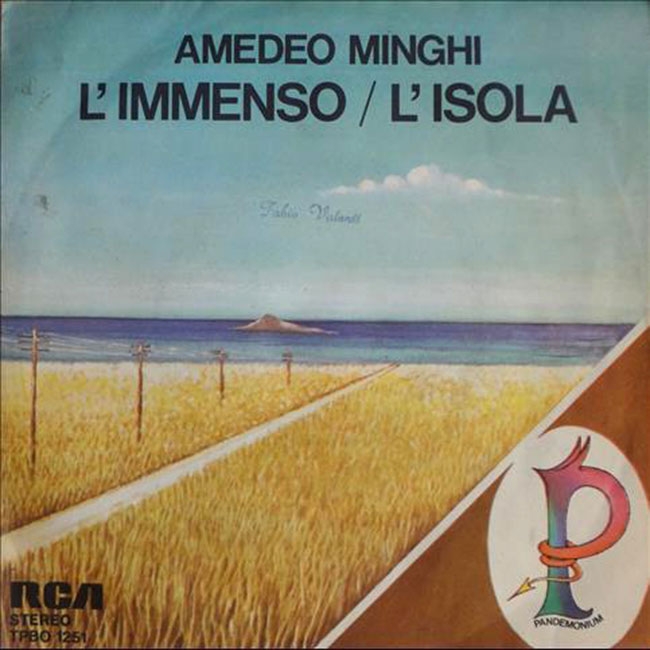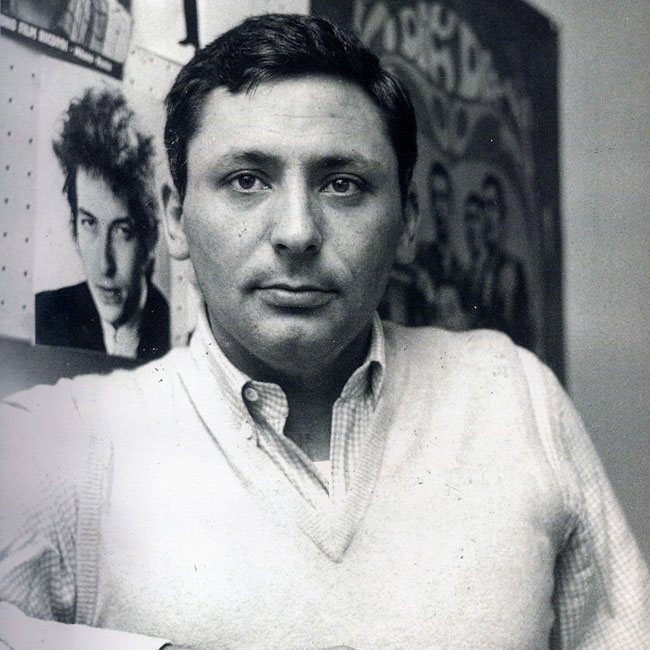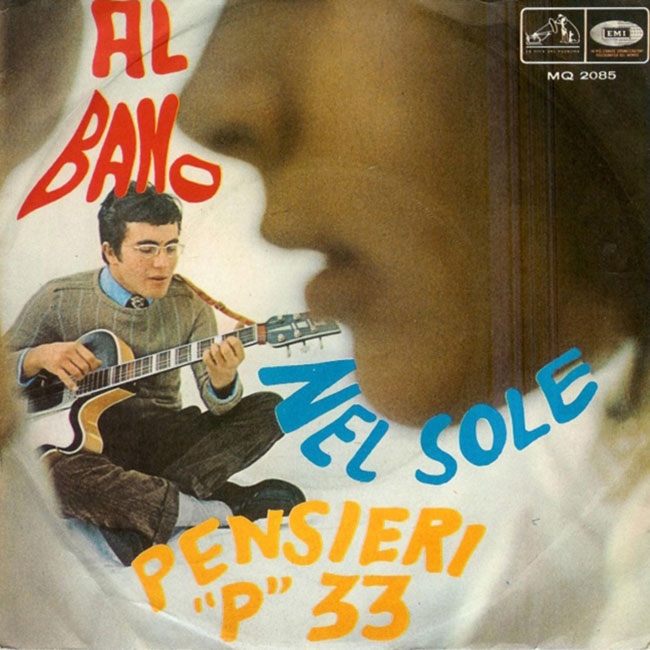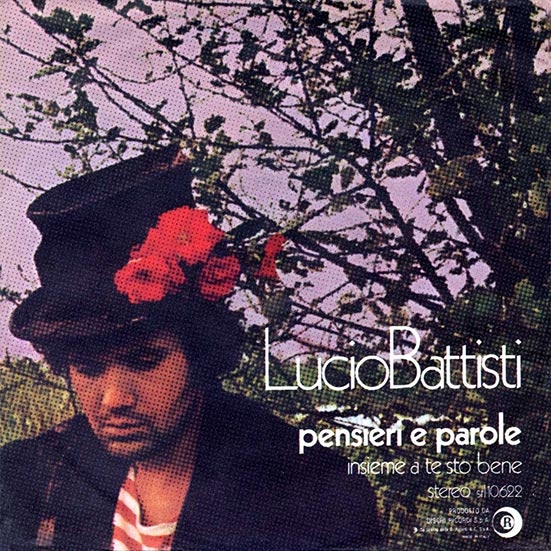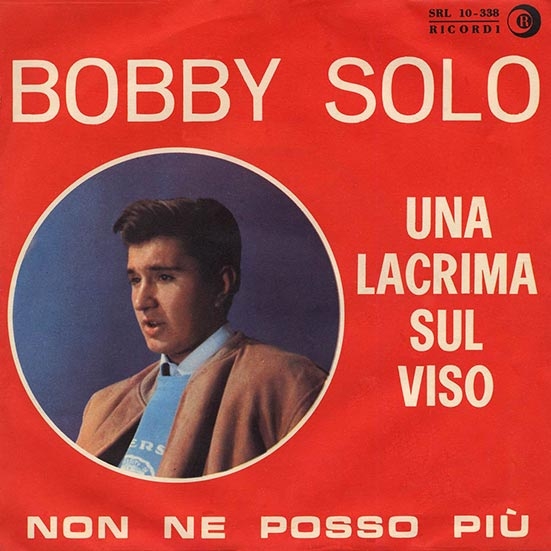
Raffaella Top Ten
Raffaella Top Ten
Singer, dancer, actress and television presenter, Raffaella Carrà (1943-2021) was a central figure in the entertainment industry for more than half a century. Her recent death has inspired us to pay tribute to her, and defining her as a soubrette is an understatement. In what has been written about her, they say that she anticipated Lady Gaga by forty years and that Madonna actually reinterpreted one of her famous dances. Raffaella was ahead of her time, without flaunting it, and she was an example of talent, professionalism and modesty. This playlist includes all the songs that made it into the top ten in the charts from 1970 to 2011. Since these were often theme music for Saturday night programmes – conceived by such TV mavens as Boncompagni, Magalli, Malgioglio and Bracardi - they seem to evoke that circus-like euphoria that draws the public – “Everybody gather round, we are about to present…” There is something Felliniesque about this music: the fanfare, the hand-clapping, the involvement of that audience that made her a diva, seeing her as the friendly girl next door. She debuted with Ma che musica maestro, in Canzonissima 1970, second in the hit parade. The following year she triumphed again with Chissà se va in the edition that launched the infamous Tuca tuca, the cult dance that Alberto Sordi helped legitimise in Italy – because of its daring movements, and Maga maghella, a children’s song for which the show dedicated a special space. Felicità ta ta brought the Canzonissima era to a close and, again in 1974, Rumore launched Italian-style disco music: the song, based on lyrics by Andrea Lo Vecchio, sold 10 million copies, also recorded in English, Spanish and French. It was surpassed in 1978 by A far l’amore comincia tu, which in the English version (Do It, Do It Again) made the British charts, an extremely rare event and a first for an Italian artist. But her second home was where Spanish is spoken: thanks to her popularity as a TV presenter, Raffaella soon became a star in the Iberian world, and her songs absorbed some of that spirit. Bearing witness to this are Fiesta, from 1977 (in the Spanish version here) and Pedro (1980), respectively second and fifth in the charts. Tanti auguri, the theme for Ma che sera (1978) has become a classic of Italian song as well as an anthem for the gay community, of which Raffaella became an unconscious icon. Also reaching number one were E salutala per me (1979) and Ballo ballo (1982), which marked her return to Fantastico after four years of living abroad, while Mi spendo tutto (1982), the theme music for Millemilioni, made number two. The hits continued until 1990, and then after an absence of twenty years, Raffaella returned to the charts thanks to French deejay Bob Sinclair’s remix of Fare l’amore (2011), or A far l’amore comincia tu, which Paolo Sorrentino included in the opening scene of the award-winning The Great Beauty. With 60,000 records sold worldwide, Carrà is one of the top ten Italian artists of all time and the fourth Italian woman after Mina, Patty Pravo and Laura Pausini.

